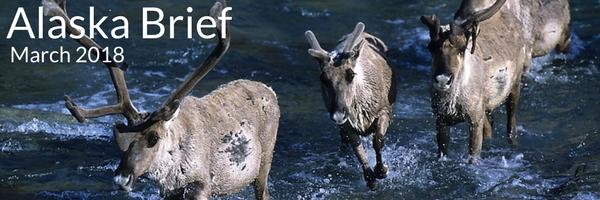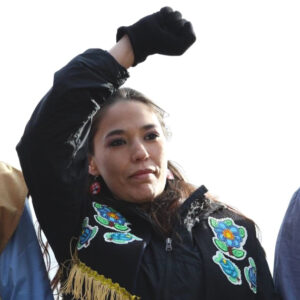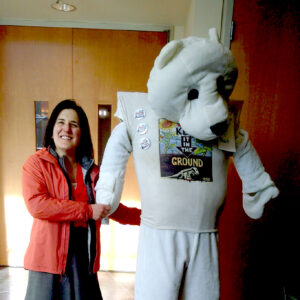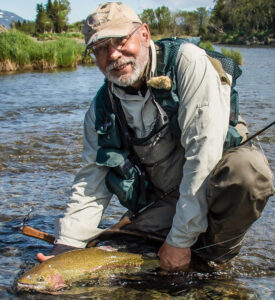Alaska Brief Newsletter–March 2018
The first day of spring is just around the corner. Though we do not see flowers blooming and migrating birds flying over Alaska just yet, we most definitely notice the light.
Sunlight. It refuels us for the work ahead. So too does the hope given us by those galvanizing and uniting to safeguard our lands, waters, cultures and communities. We speak here of the high school students fighting to stop gun violence, young people fighting in court against the government for not acting on climate change, and all the groups and people fighting to protect the waterways, fisheries, wildlife and public lands that belong to all Alaskans and Americans, including the generations to come.
The light of hope is what keeps us going in hard times.
Those of us who participated in a justice symposium on Arctic Alaska last month felt the warmth of that light when joining a community of scientists, activists, artists, authors, students, academics and other professionals. The gathering, “the last oil symposium,” marked the first time a national convening has taken place to address the energy policies of the Trump administration.
Discussions took place on topics ranging from climate change and the rights of nature to the urgency of acting now, protecting coastal communities, and speaking truth to power. Many Alaskans attended the event at the University of New Mexico, including Bernadette Demientieff, executive director of the Gwich’in Steering Committee; Julie Decker, executive director of the Anchorage Museum; and artists Allison Akootchook Warden and Brian Adams, to name only a few.
Within this diverse and impressive group of presenters and participants, I had the honor of sitting on a panel that focused on “Protecting the Sacred Place Where Life Begins” with Gwich’in elder Sarah James and Ken Whitten, a caribou biologist formerly of the Alaska Department of Fish and Game.
Sarah James spoke about the 1988 Gwich’in gathering that took place because of the threat of oil and gas development in the coastal plain. “When there’s a threat to the caribou, there’s a threat to the nation,” she said, repeating what her elders had said back then.
And on a broader scale, any threat to the planet is a threat to us all.
Over the last year, the threat has elevated, particularly in America’s Arctic. Congress passed a budget bill that includes oil and gas leasing in the Arctic Refuge. This month, the Interior Department and Alaska delegation made it clear that they will fast track the oil and gas leasing process,
despite imperiling wildlife habitat, the Porcupine Caribou Herd and the Gwich’in Nation.
Destroying habitat that allows living things to seed, give birth, grow, calve, nurse, molt, and thrive is a human rights issue, no doubt about it.
The Gwich’in rely on the Porcupine Caribou Herd in their spiritual and social lives; they rely on the Porcupine Caribou Herd for food, clothes, tools and art. They do not go to the coastal plain, for they view it as sacred, but they rely on it as surely as the caribou do.
The Gwich’in will fight to protect the Arctic Refuge every step of the way.
And we’ll be right beside them.
Vicki Clark
Executive Director
PS: Your support of Trustees for Alaska is critical now more than ever.







